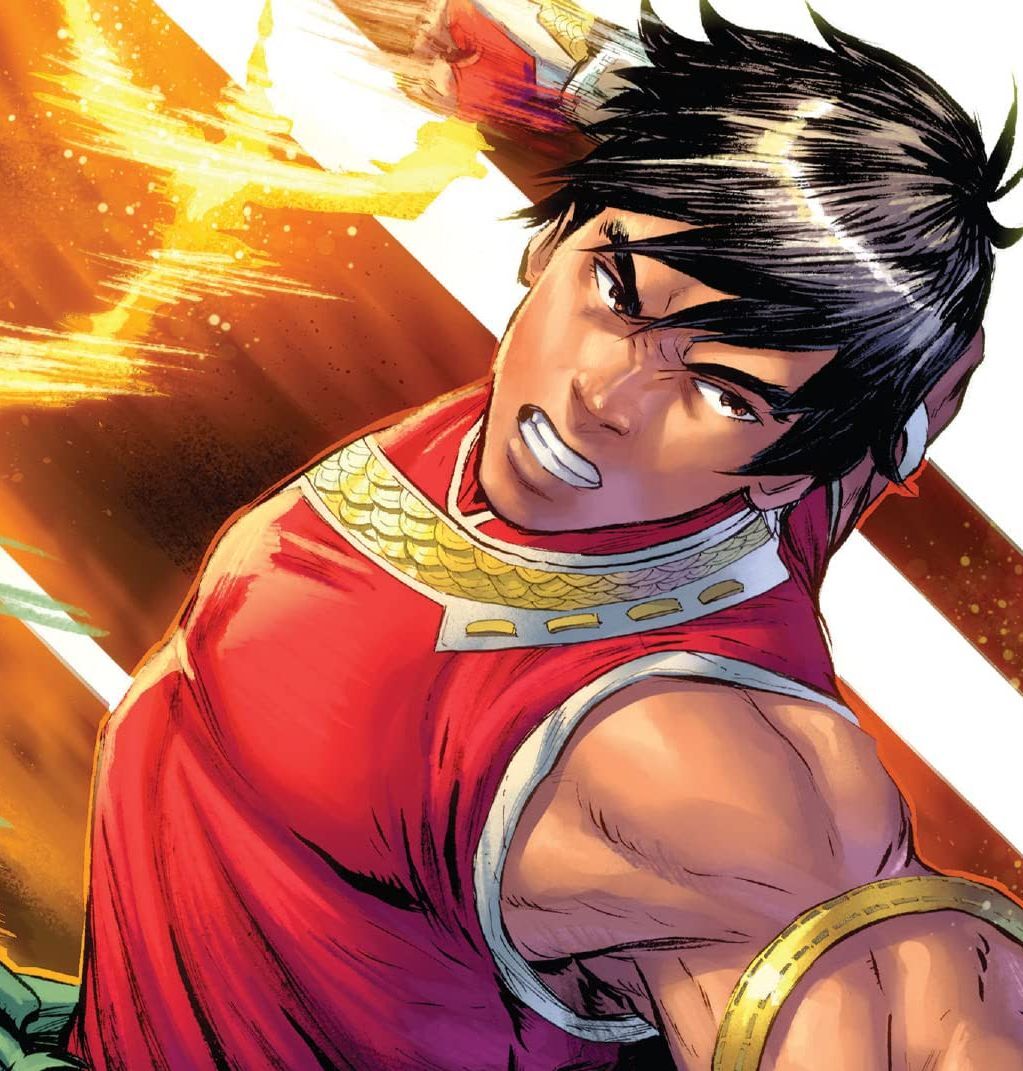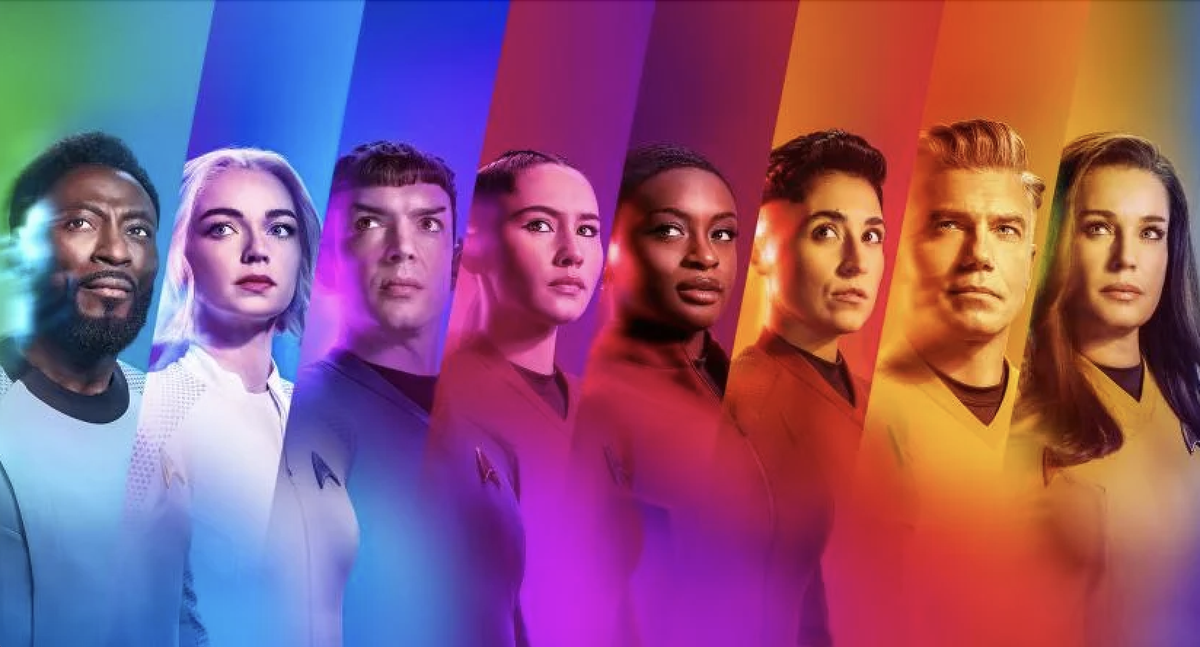Did anything change after they became a big YouTube sponsor?
- 0 Posts
- 16 Comments

 1·9 months ago
1·9 months agoIn a similar vein, I picked up Marvel Multiverse RPG recently. My friends haven’t played DND picked this up really quickly.

 12·9 months ago
12·9 months agoDungeons and Dragons. With the right group, you can do anything.
 8·2 years ago
8·2 years agodeleted by creator

 5·2 years ago
5·2 years agoDefinitely a glitch in the matrix.
 1·2 years ago
1·2 years agoIt worked for me. I’m using Boost for Lemmy as my client.
 3·2 years ago
3·2 years agoThanks for sharing what you have. I didn’t even know there were current Star Trek comic runs until I saw your posts.
 3·2 years ago
3·2 years agoThis would’ve been a great surprise if they didn’t reveal it so early
 40·2 years ago
40·2 years agoIt’s mostly episodic like the original series and 90s Trek but it has some season long story arcs. But it’s modern in its style of telling. It’s funny without resorting to being MCU quippy. And the science is closer to modern science fiction rather than TOS’ parallel worlds pattern.
That said, it has a mix of action and moral dilemma and politics. There are “needs of the many” stories that don’t have clear right or wrong, the psychological impact from the horrors of war stories, even a courtroom episode that rivaled the best ones from TOS and TNG. But there are also flashy fan servicey episodes that are just fun.
I suggest giving the first episode a go. It sets the mood for the rest of the first two seasons. Each episode brings something different, but I think the first episode really speaks to what the series is trying to be.
 2·2 years ago
2·2 years agoThe absolute mess of a production 2022’s Star Trek Day makes me both want to watch this and skip it. The only redeeming things were the hosts but it was obvious that they were even making things up on the spot.
Yeah that’s also a way to interpret it. None of the other crew commented about the Gorn during the events of The Arena so as long as Kirk doesn’t appear in the same episode as a Gorn in SNW, there are no explicit contradictions.
Your chronological order might have a few other problems like where do time travel stories fit in (e.g. The Voyage Home, First Contact, Trials and Tribble-ations).
When it comes to resolving plot conflicts between series…
For example in TOS Kirk is the one who comes across the Gorn, while in SNW it’s Pike the comes across them.
Based on Kirk’s dialogue, we assumed he was the first to come across the Gorn. Specifically:
- I face a creature the Metrons called a Gorn.
- I’m engaged with a creature apparently called a Gorn.
So I have two ways I resolve this internally. The first, I reinterprete what I originally understood from the original dialogue. In this case it would be that the Gorn Kirk faces looks unlike any Gorn he had seen in the past (this one has no tail, it moves slow, and it looks weirdly like a human in a rubber suit) so he doesn’t believe the Metrons when they call it a Gorn.
Sometimes reinterpreting canon is easy, other times (like this Gorn example) it’s more of a stretch, so I usually resolve canon conflicts by telling myself that these shows are creative interpretations of stories that are restricted by their real world technologies and world views. For example, in The Cage, Pike says he’s not used to having women on his bridge. I just interpret that as a 60s writer writing a 60s man’s viewpoint being said by a 60s male actor. The current Pike is the same Pike but he doesn’t have that attitude because the story is not being told in the 60s anymore.
I’m pretty sure 8ft is less than 2.4km
 10·2 years ago
10·2 years agoI guess I was lucky to have first experienced the Gorn in Enterprise. They were treated as scary and dangerous in a way TOS would never have been able to.
 2·2 years ago
2·2 years agoWe should try throwing styrofoam rocks at them


Thanks for the clarification. Purely based on the original comment, I had the impression that the pieces wouldn’t fit together as well anymore or the designs would more easily fall apart.